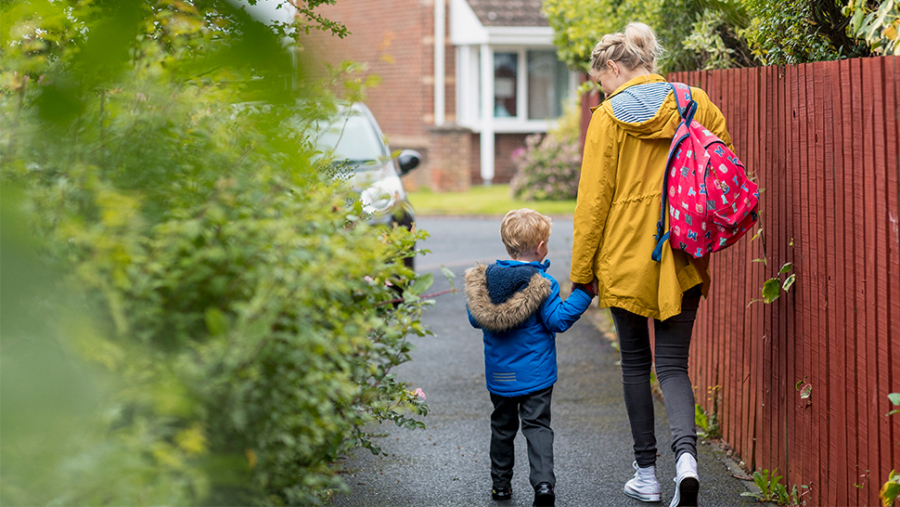

Parents with parental responsibility have a duty to make a number of important decisions regarding their children’s care. Where parents are separated, this can cause complications. So, how does parental responsibility arise and what happens when there is an impasse between parents about a child’s care?
What is parental responsibility?
Parental responsibility is a legal concept that refers to all the rights, duties and powers that a parent has in relation to their child. Just because a person is a parent does not mean that they have parental responsibility. Mothers automatically have parental responsibility, as do parents that are married or in a civil partnership with each other when the child is born. However, unmarried partners can acquire parental responsibility in a number of ways. For stepparents, acquiring parental responsibility can be important, particularly where they are heavily involved in the child’s life. Stepparents will not acquire parental responsibility upon marriage or civil partnership with a parent with parental responsibility. Instead, this will need to be acquired by either a parental responsibility agreement, parental responsibility order, acquiring special guardianship or by adoption.
How do you exercise parental responsibility?
Parental responsibility can be exercised in several ways, but the key roles are providing a home for the child and safeguarding the child. As part of this, parents with parental responsibility are also in charge of choosing and providing for the child’s education and agreeing to the child’s medical treatment. These can be big decisions to make for children, particularly when choosing a school as there will need to be a consideration of factors such as the school’s distance from each parents’ homes or whether the school is a state school or fee-paying. The consent of the other parent is also required if there is to be a holiday away from England and Wales.
What about the responsibilities of absent parents?
There is always a duty for parents with parental responsibility to consult any other parents with parental responsibility. However, this may not always be easy or practical, particularly where parents live in separate houses and one of the parents is the primary caregiver. Each parent may act alone in meeting their day-to-day responsibilities, subject to any matter affecting the child that requires the consent of both parents.
Where there is a dispute over the independent action taken or to be taken by one parent, the other parent can challenge this by an application. Applications under the Children Act 2004 can be made to undo an action or to stop it happening. Specialist family lawyers can guide you through the difficult issues that arise from absent parents and disputes over parental responsibility.










